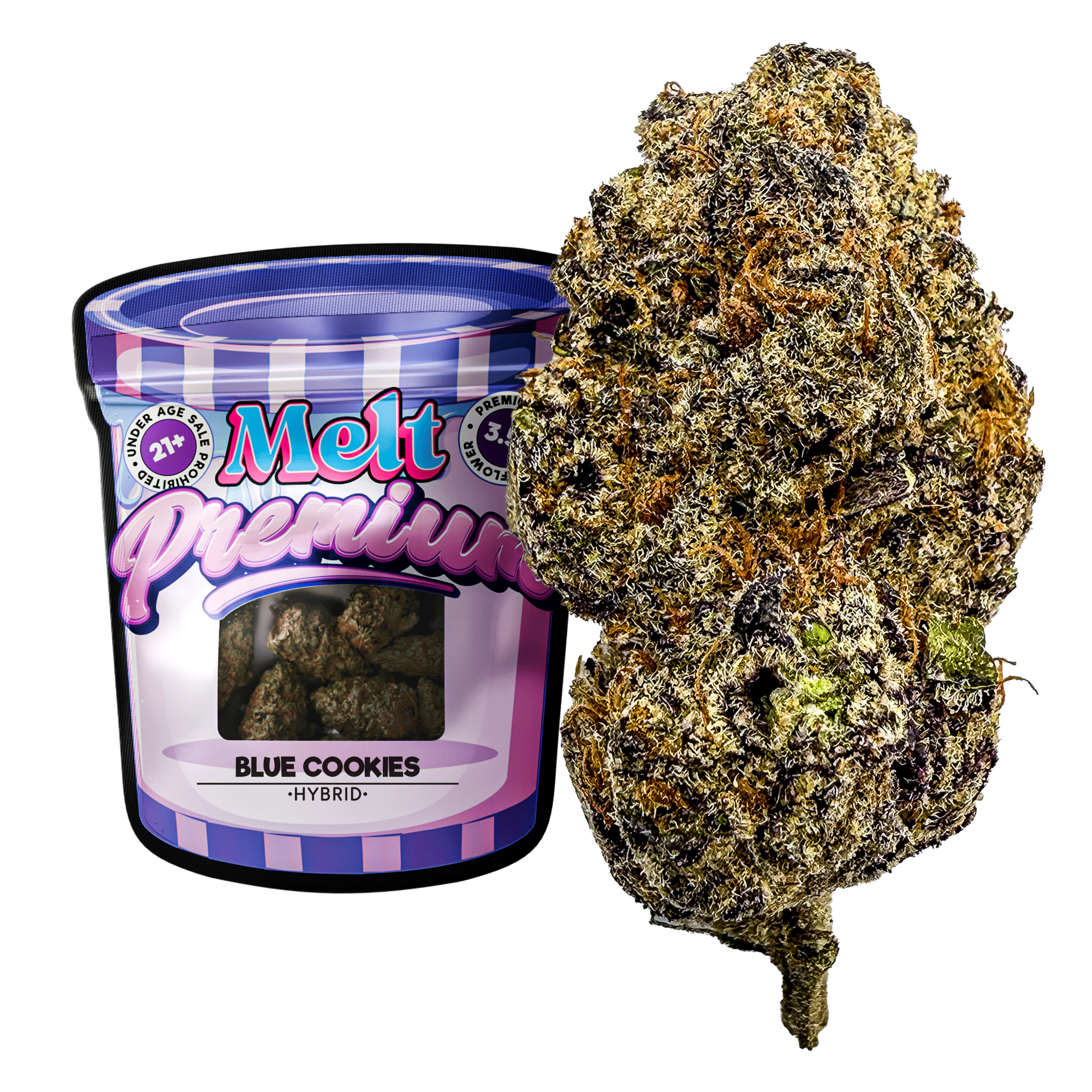The realm of Cannabis and its compounds like THCA has been intriguing for people for decades. The different compounds of Cannabis plants have now been studied to understand how they work and how they interact with other compounds and the human body. Among these compounds, it has gained a lot of attention recently. Its ability to provide therapeutic properties such as anti-inflammation, anti-nausea, and protection against neurodegenerative diseases looks promising.
In this article, we will find out what THCA is and how it works.
THCA is a compound of the cannabis plant that exists in an acidic form. It is the acid precursor of the famous THC. THCA is a nonintoxicating compound that is found in large quantities in raw plant matter. It cannot produce high-inducing effects, unlike THC, which is a product formed from this acid precursor when it is subjected to heat. They share a similar structure with a little difference in the placement of atoms. It has a carboxyl group attached to it, which is absent in THC. When heat is applied, and the process of decarboxylation occurs, the carboxylic group is removed, and THCA is converted into THC. Now it can produce high.
Apart from this, preliminary studies also suggest that it can provide different therapeutic effects such as anti-inflammatory and neuro-protectiveness.
How does THCA work?
Unlike other cannabinoids of the Cannabis plant, the interaction of the with the endocannabinoid system of the human body is different. As we already know, CBD and THC, like other compounds of Cannabis, interact with CB1 and CB2 receptors of ECS to show their properties in the body. However, this interacts with ECS in a very different manner as it cannot bind to the CB1 and CB2 receptors of ECS. This mechanism of action clearly indicates that it cannot produce high-inducing effects, just like tetrahydrocannabinol, because of its inability to bind the receptors of ECS and the nervous system. It is inert in inducing high in the body.
Interaction with pathways
However, it produces some indirect effects in the body without interacting with the cannabinoid receptors. These effects interact with other pathways of the human body. For example, it has been linked to inhibiting enzymes that produce inflammatory action. Scientists believe that it explicitly inhibits Cox 2 and Cox 1 enzymes. The interaction of THCA with these enzymes indicates that it can produce anti-inflammatory effects by interacting with different pathways other than the ECS receptors.
It’s also believed that it can interact with the serotonin receptors, which are involved in regulating anxiety and mood. The serotonin receptors are located outside the endocannabinoid system, and the interaction of THCA with these receptors indicates that it can mediate different pathways in the body other than the endocannabinoid system.
Moreover, THCA can have direct effects on the human body by interacting with the ECS and producing a high when it is converted into THC. Once the raw plant matter containing high quality and quantity of THCA is heated, decarboxylation converts the non-psychoactive THCA into high-inducing THC. THC can interact with the receptors of ECS and produce numerous effects other than the ones mentioned above in the human body.
Therapeutic benefits
Researchers have found that THCA has the potential to interact with the human body in such a way that it can positively impact neurodegenerative diseases, nausea, and inflammation. These potential therapeutic benefits of THCA are mediated through different pathways in the human body, which points to the complexity of cannabinoids’ effects beyond the endocannabinoid system.
Conclusion
In summary, THCA is a non-psychoactive compound of the Cannabis plant that is found in more significant quantities in raw plant material. It is converted into psychoactive THC when it undergoes the process of decarboxylation. It has the potential to interact with numerous pathways in the human body and produce different beneficial effects. Its interaction with the famous endocannabinoid system is limited, which makes it unable to produce high-inducing effects in the body. The therapeutic properties of THCA are being researched, and we can only hope that more research is conducted to understand the true nature of this compound of Cannabis fully.










